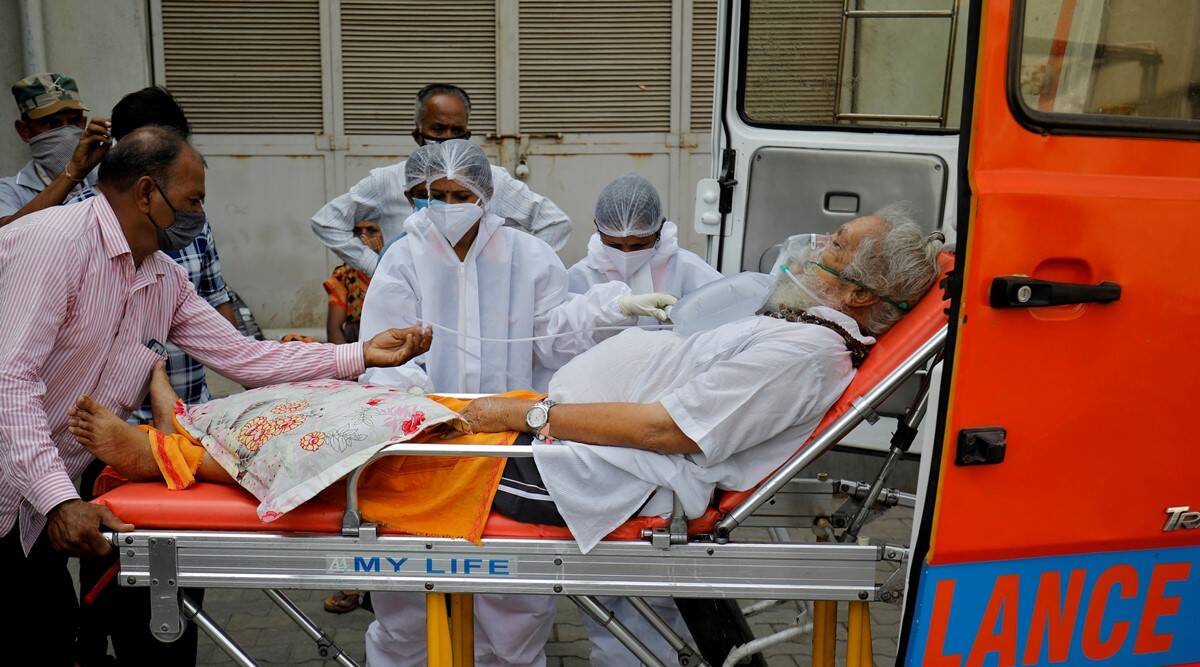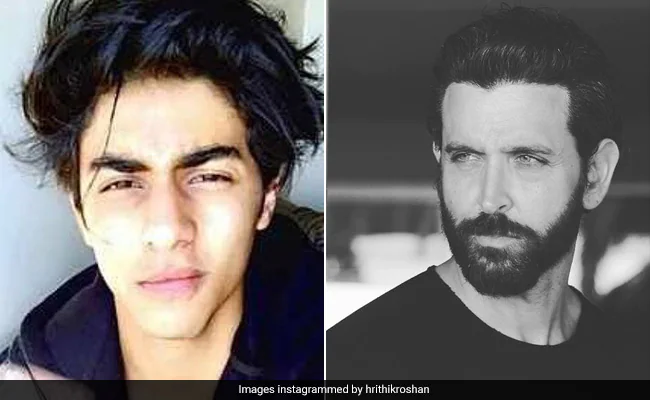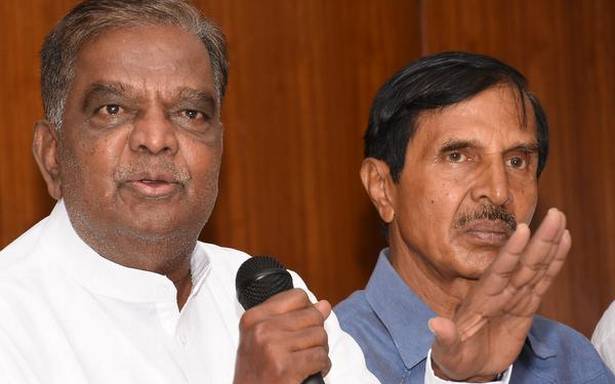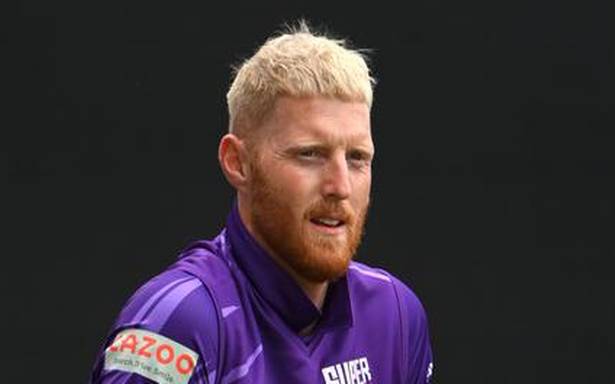With many state governments struggling with rising Covid numbers, several High Courts are hearing cases related to shortage of Covid-essentials. The most common issues brought before the courts are the shortage of oxygen and other life-saving drugs, and in turn, the courts have come down heavily on the state governments over their ‘shoddy’ management.
Here’s how different courts have taken up matters related to Covid-19.
Delhi
The Delhi High Court on Tuesday pulled up the Aam Aadmi Party government in the national capital over its handling of the Covid-19 crisis, saying its confidence was “shaken” and that if the government cannot manage the situation, the court will ask the Centre to step in.
“Set your house in order. Enough is enough. If you cannot manage it, tell us, then we will ask the central government to send their officers in and do it. We will ask them to take over. We cannot let people die like this,” a division bench of Justices Vipin Sanghi and Rekha Palli said.
The court noted that the government has failed to check the alleged mismanagement in the distribution of medical oxygen and rampant black marketing of oxygen cylinders and essential Covid-19 drugs in Delhi. The court asked the UT government to take over Seth Air Products, a cylinder-supplying unit in Dwarka, which, it said, could be resorting to black marketing.
It also sought a report from the state government on the deaths in hospitals on account of oxygen shortage.
Gujarat
Hearing a public interest litigation taking suo motu cognisance of Covid-19 upsurge in Gujarat, a division bench of the Gujarat High Court Tuesday called out the state government for not filing a proper response, saying “your affidavit does not reflect any of the ground realities… It is giving a rosy picture…”
Urging the state government to think of ways to break the chain, the bench of Chief Justice Vikram Nath and Justice Bhargav Karia said that municipal corporations cannot follow a policy of admission only through 108.
Addressing advocate general Kamal Trivedi representing the state, Chief Justice Nath said, “You say government hospitals are admitting patients who are coming in private vehicles also. Now AMC (Ahmedabad Municipal Corporation) insists that only patients coming in 108 ambulances will be admitted… Why? Is the corporation not under the supervision and control of the state… we also pointed out that 108 must attend first to critical patients… There is no response to this in the affidavit…”
It also pulled up the state on medical oxygen scarcity. “In Rajkot people are running from pillar to post, they are not getting oxygen in any of the hospitals… people are paying 10 times for an oxygen cylinder… why are bottlers are allowed to give oxygen to private persons?…What is the system doing? Everything is on paper, nothing is on ground reality… Doctors say he (a patient) has not come in 108, let him die… Everybody has to be attended to, whosoever is critical, irrespective of which vehicle he has come.”
The court also noted that “testing numbers are the same, from April 12 to April 27”.
Uttar Pradesh
On April 19, the Allahabad High Court pulled up the Uttar Pradesh government for its approach in dealing with rising coronavirus cases and ordered a lockdown in five cities — Prayagraj, Lucknow, Varanasi, Kanpur Nagar and Gorakhpur — till April 26.
Hearing a PIL on the “inhuman” condition at quarantine centres and the state of Covid treatment, a Division Bench of Justices Ajit Kumar and Siddhartha Varma said that while ordering a lockdown was the government’s prerogative, it was disappointed by the measures taken since its last order, calling them an “eyewash”.
The court further said that “those in power must shun the attitude of ‘my way or no way’ and should welcome suggestions from all the quarters”.
However, the HC’s order was later stayed by a Supreme Court directive after the UP government’s protest.
Tamil Nadu
The Madras High Court came down heavily on the Election Commission for “not stopping political parties” from violating Covid protocols during their campaign rallies for Assembly polls in four states and a Union Territory over the last month. The court said that murder charges should probably be imposed on the panel for being “the only institution responsible for the situation that we are in today”.
Remarking that the panel has been “the most irresponsible over the last few months in not stopping political parties from wanton abuse of the Covid-19 protocol”, a bench of Chief Justice Sanjib Banerjee and Justice Senthilkumar Ramamoorthy said: “You should be put up on murder charges probably.”
The court also directed the Tamil Nadu and Puducherry governments to consider declaring complete lockdown for two days on May 1 and May 2, when counting of votes will be taken up.
The Supreme Court, on the other hand, has said the hearing of matters related to shortage of supplies in different High Courts was “creating some confusion” and “diversion of resources”.
A bench led by former CJI S A Bobde, who recently vacated his post, said it may withdraw to itself some issues from the High Courts, while noting in its order that, “Drugs, oxygen and vaccination availability and distribution are being carried out by government including the Central government according to protocols established by the health authorities.”
However, on Tuesday, a bench comprising Justices D Y Chandrachud, Nageswara Rao and S Ravindra Bhat said the apex court does not intend to supplant or substitute different High Courts to monitor the Covid management of their respective states, Live Law reported.




